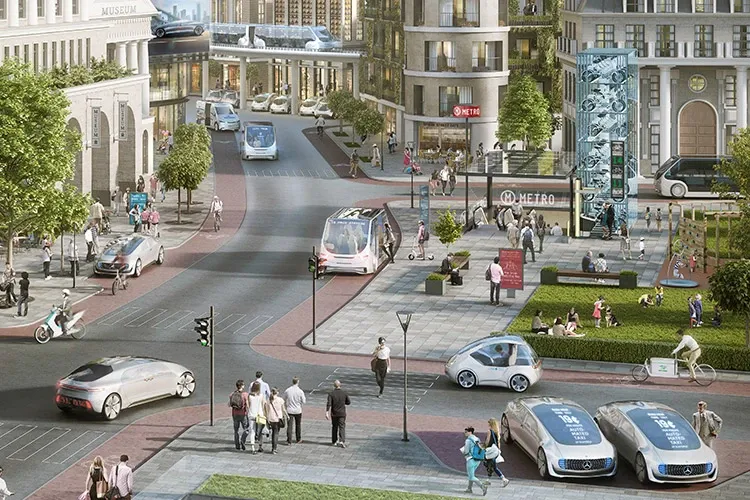Samsung to Unveil Galaxy S26 on 25 February
Samsung teased details of the next Galaxy Unpacked event on 25 February in San Francisco.

From climate action and cost pressure to driver shortages, the global transportation and logistics industry is facing enormous challenges. As the German tech-giant Bosch moves toward the goal of climate-neutral freight transport, it is steadily expanding its powertrain portfolio.
In addition to diesel powertrains, which will continue to play a vital role in commercial vehicles for some time to come, Bosch also offers battery-electric and fuel-cell powertrains. The company has now incorporated another option, the hydrogen engine, to fill the gap in alternative powertrains, particularly for heavy construction vehicles and agricultural machinery. “Climate action is moving freight transport in more diverse directions. We expect alternative powertrains to drive major growth in our business over the course of the decade,“ said Markus Heyn, member of the Bosch board of management and chairman of the Mobility Solutions business sector, at this year’s IAA Transportation in Hannover.
According to Bosch forecasts, over 80 percent of all trucks weighing six metric tons or more will still be diesel-powered in 2025. Powertrain diversity will subsequently increase and, by 2035, half of all new commercial vehicles will be electric, powered either by battery or hydrogen. “A technology-neutral approach is particularly useful in commercial vehicles. Depending on the application, there will be more than one climate-neutral option for the truck powertrain,“ Heyn said.
No other company offers as many electromobility options as Bosch: from e-bikes to construction machinery, and from silicon carbide chips to complete drive modules. This strategy is paying off: it already has 30 major orders from manufacturers for battery-electric powertrains. Bosch also has big plans for the fuel cell. By 2025, the company aims to have over 40,000 fuel-cell systems on the road.
To support this goal, Bosch also manufactures the stacks itself and is establishing global production capabilities close to its customers. Fuel cells are not the only way to power trucks using hydrogen; there are also H2 engines. Bosch develops the control units and injection technology required for these engines and has already acquired a major project in India.
The company is also developing software. Half the R&D associates in the Mobility Solutions business sector are software engineers. Among other things, this promotes the development of automated driving. “Automated driving is coming, due in part to the acute driver shortage. And nowhere does automated driving make more economic sense than in commercial vehicles,“ Heyn said.
Bosch has joined forces with Amazon Web Services (AWS) to operate a software platform that bundles not only its own logistics services but also third-party services. Integrating these solutions delivers a boost in efficiency. Instead of using the multitude of independent solutions currently on offer, logistics companies and freight forwarders across the globe will have quick and easy access to digital services from a single source.